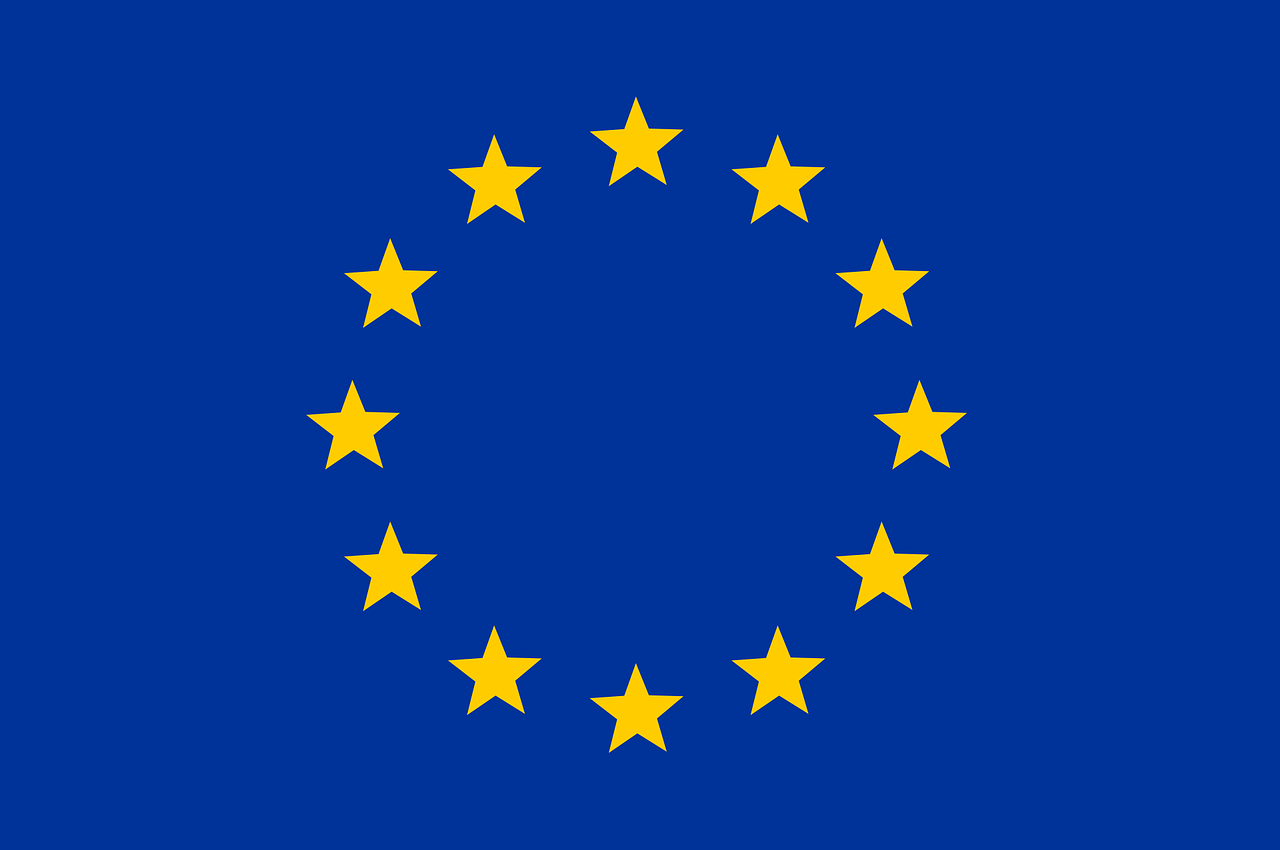
European consortium (TULIPS) led by Schiphol will drive innovation for a more sustainable aviation industry. The joint efforts of 29 partners will be supported by the EU over the next four years.
The European Commission provided €25 million to a consortium of 29 parties called TULIPS, led by Royal Schiphol Group. The funding is part of the European Green Deal, which aims to develop innovations that facilitate the transition to low-carbon mobility and improve sustainability at airports. Addressing these challenges in the aviation sector requires the commitment of the entire travel chain. The collaboration of airports, airlines, knowledge institutes and industry partners in this unique European consortium allows to make an important contribution to sustainable aviation.
The consortium aims to accelerate the adoption of sustainable technologies in aviation and make a significant contribution to achieving zero-emission, zero-waste airports by 2030 and carbon-neutral aviation by 2050. Amsterdam's Schiphol Airport will be the test site for 17 demonstration projects resulting from the collaboration. The TULIPS project will start in January 2022 and run until December 2025.
Accelerating sustainability
All new innovations aimed at increasing sustainability will be demonstrated at Amsterdam's Schiphol Airport, while partner airports Oslo, Turin and Larnaca will also implement a selection of these innovations. Airports, airlines, knowledge institutes and industry partners will work together to accelerate sustainability at or around the airport, for example by reducing or eliminating vehicle emissions. In addition, facilities to recharge aircraft with electricity or hydrogen will be tested, Sustainable Aviation Fuel (SAF) supply will be introduced and optimized on a large scale, and the circular use of materials will be improved. On the airside, demonstrations are underway to capture ultrafine particles from departing and arriving flights. The entire journey of passengers and cargo is being studied, and solutions for an optimal mix of multimodal solutions are being proposed.
Collaboration at four very different airports and contributions from a broad coalition of partners will enable the impact of the solutions on European climate targets to be made visible. The successful demonstration of specific measures to accelerate sustainability in different scenarios will show how these innovations can be implemented across Europe. The results of the project are expected to make a significant contribution to the decarbonization of the aviation sector. The knowledge gained will be publicly shared with the aviation industry and other European airports, enabling them to apply TULIPS concepts and technologies through practical roadmaps.
Partner
Royal Schiphol Group has taken the initiative to submit a proposal. The TULIPS consortium is a partnership between Royal Schiphol Group and Oslo Airport, SINTEF AS, SINTEF Energi AS, Hermes Airports, Catalink Ltd, Torino Airport, Politecnico di Torino, Beta-I, Egis S.A., Excess Materials Exchange, Fraunhofer Gesellschaft, KLM Royal Dutch Airlines, KLM Equipment Services, Manchester Metropolitan University, Mobility Concept, Royal NLR Netherlands Aerospace Centre, Nouryon Industrial Chemicals, Pipistrel Vertical Solutions, Port of Amsterdam, SKYNRG, TNO, TU Delft, Instituto Superior Téchnico, University of Antwerp, BAM Infraconsult, Ballard Power Systems Europe, DHL Global Forwarding Netherlands and Zepp.solutions.
In the project context, Fraunhofer IML leads the efforts for emission-free airside apron operations as well as the communication and dissemination of the solutions from TULIPS.
The contents of this publication are the sole responsibility of TULIPS and do not necessarily reflect the views of the European Union.
 Fraunhofer Institute for Material Flow and Logistics IML
Fraunhofer Institute for Material Flow and Logistics IML